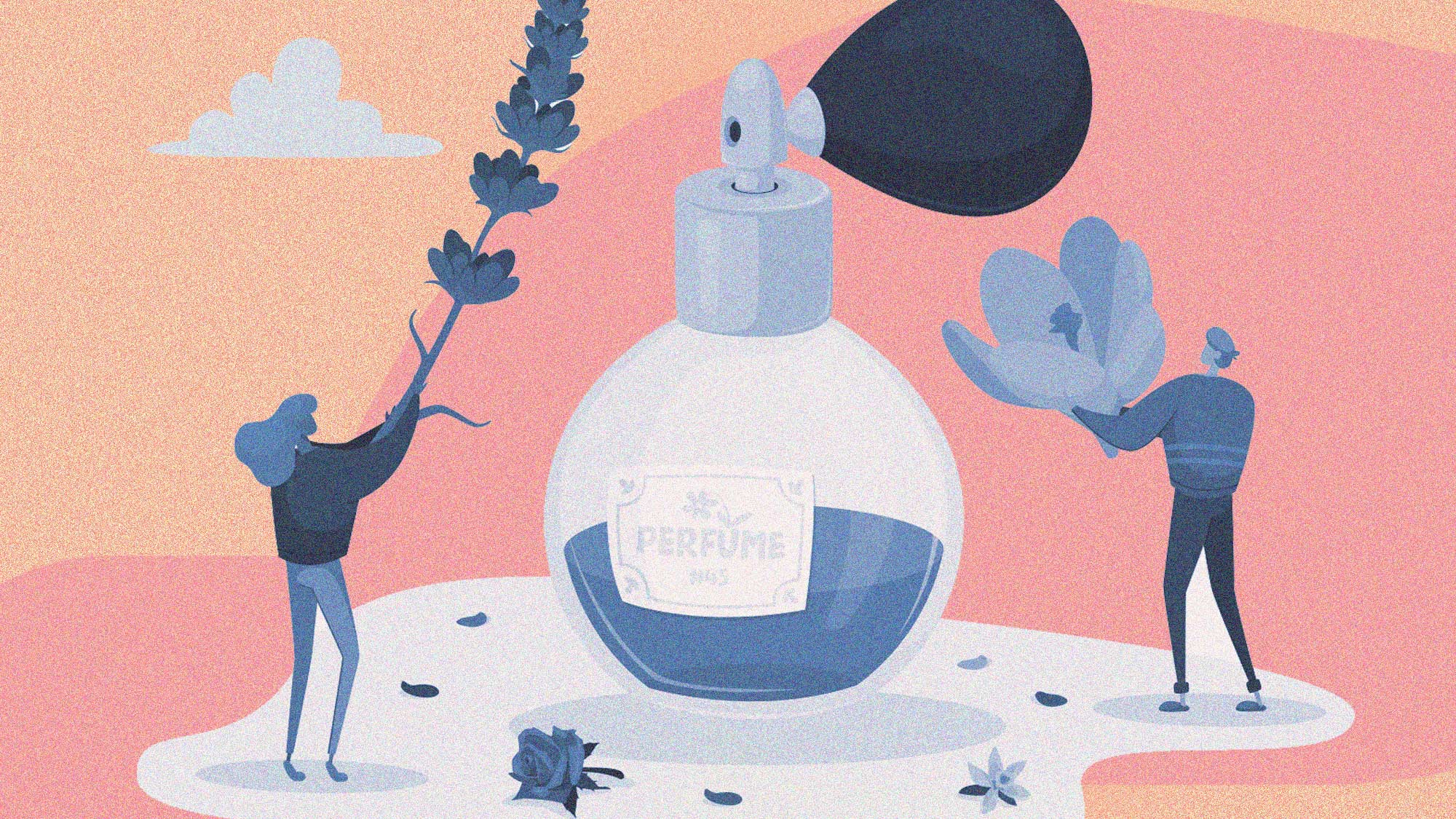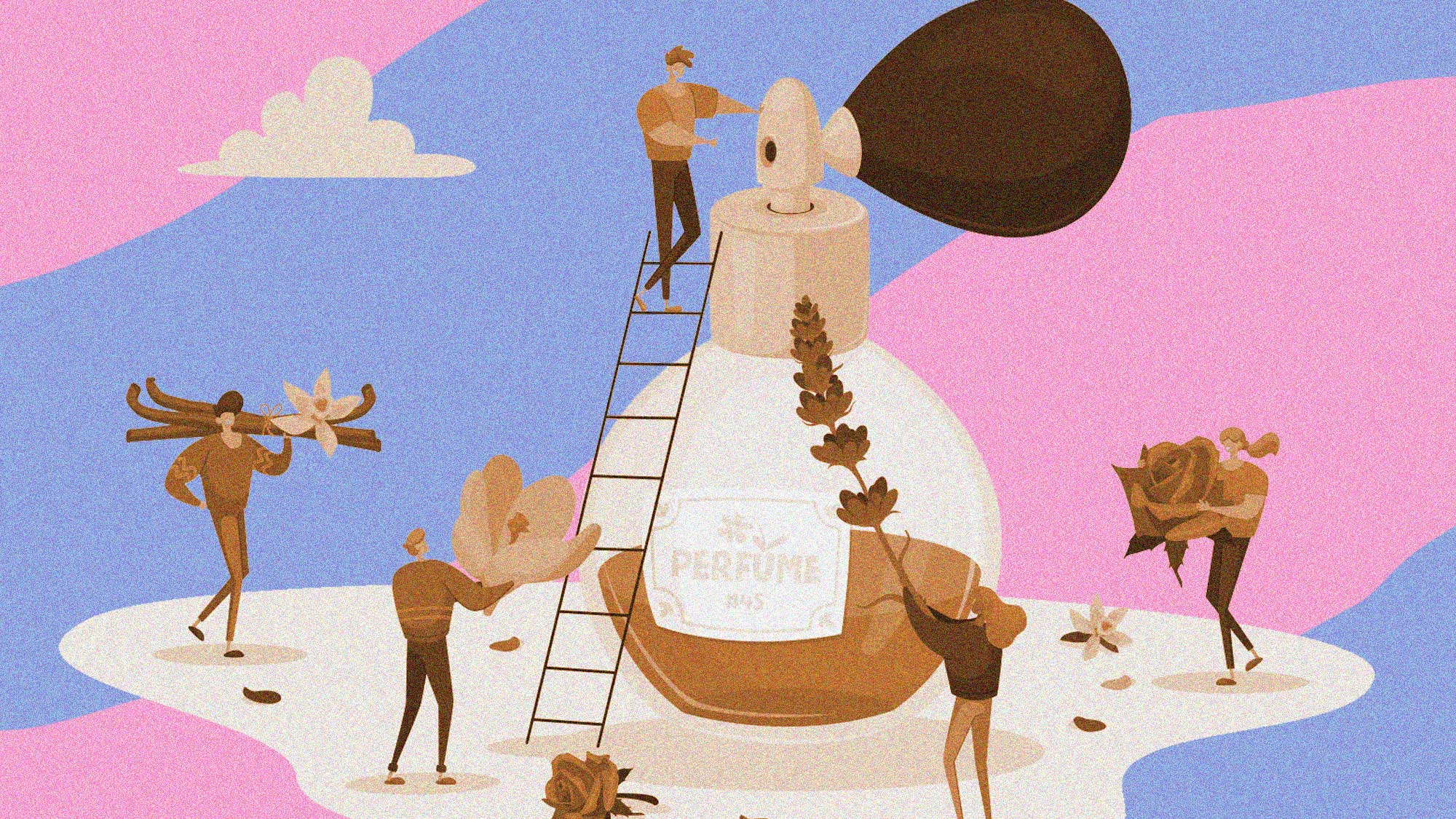Do perfumes expire? When to part with that fragrance bottle
If you've been wondering, do perfumes expire? We're here to clear the fog on when you should throw out the last of your signature scent

It's a question that most of us have probably found ourselves pondering at some point as we gaze at our half-empty fragrance bottles: do perfumes expire? The short answer is yes, kind of.
Most perfume bottles don't carry a specific expiration date because they don't “expire” in the same way that some other products do. But even the best perfumes for women and the best long-lasting perfumes can eventually smell a little (or a lot) off.
If this seems a tad confusing, you're not alone in feeling that way. So let's break things down a little more and find out.
- Byredo Mixed Emotions review: our verdict on this punchy aromatic scent
- This is Rihanna's favorite perfume—and it now comes in an extreme version
- Wondering which perfume lasts the longest? We've found it...
- Why wearing perfume to bed is the next big thing
What does expiration mean when it comes to perfumes?
The word expiration, which comes from the Latin for to breathe out, literally means to die. When milk reaches its expiration date, we’d all be wary of drinking it. Drugs that have expired lose their efficacy. But when it comes to the world of beauty products and cosmetics, things get a little more complicated.
In the US, the FDA breaks it down for us by referring to a cosmetic product's shelf life. It says that this term: "generally means the length of time you can expect a product to look and act as expected and to stay safe for use. This length of time varies, depending on the type of product, how it is used, and how it is stored."
The FDA does not regulate the shelf life of most cosmetics; it leaves it to the companies to determine how long their products will remain safe and usable under normal conditions. (The exception to this is cosmetic products that can also be classified as drugs, such as sunscreens. The FDA does regulate these products.)
Of course, with perfumes, the idea of shelf life is a little tricky. They seldom become “unsafe” and "looking and acting as expected" is fairly straightforward. But after a certain point, perfumes do tend to smell a little "off", or expire.
How long it takes for this to occur can vary by product, but manufacturers often recommend replacing the bottle one to three years after it has been opened.
"A fragrance should certainly last past your first anniversary of purchasing,"
Emma South, Jo Malone London
"To ensure the quality of the scent is maintained at its best, we recommend keeping out of direct sunlight or heat sources, which can harm the integrity of the ingredients within the fragrance." says Emma South, fragrance and lifestyle expert for Jo Malone London.
Why do perfumes expire?
To understand the process that leads to the deterioration of our perfumes, we need to head back to chemistry class for a minute (sorry!)
When you open a bottle of perfume, some amount of air will enter the bottle. The same occurs every time you spray the perfume. These small interactions between the perfume and the outside world can have an effect on the perfume's scent thanks to a process known as oxidation, which changes its chemical make-up. Excessive exposure to light or heat can also hasten the deterioration of the perfume's fragrance, causing it to go bad.
When oxidation occurs, perfumes can begin to smell sour or have added acidic or metallic notes. This process can occur especially quickly in a perfume's top notes, such as citrus, fruits, and aromatics.

How to make perfumes last longer
Perfumes with a higher alcohol content last the longest because the alcohol helps keep the perfume's chemical structure stable. But no matter what the chemical makeup of your perfume, there are certain things you can do to give it the best and longest possible life.
- Keep your perfume cool. High temperatures wreak havoc on our perfumes, so avoid leaving them in your car in the summer, or in a non-temperature-controlled part of your home where they may be exposed to direct sunlight.
- Keep your perfume dry. Humidity can also affect perfumes, so keeping them in a cool and dry place is essential, especially if you live in a moist climate. And whatever you do, don't store your perfumes in the bathroom – that's humidity central.
- Stick to spray bottles. Perfumes in spray bottles tend to last longer than other containers because they let less air into the bottle when you spray them.
Are expired perfumes harmful?
You don't usually need to worry that an expired perfume could be harmful to you. At worst it’ll likely just end up being slightly embarrassing if you spray yourself with a perfume that's turned bad and that smells a bit funky.
That said, oxidation is a complicated business and there's always a chance that an expired perfume could cause some skin irritation. If you haven't used perfume for a while, one way to test whether it's gone bad is to spray a little on a piece of paper and give it a sniff before spraying it directly on your skin. If you do end up putting on a perfume that irritates your skin, however, your best bet is to throw it out and move on to a fresher bottle.
While it's always hard to say goodbye to a favorite perfume (hey, they can be pretty pricey) there comes a point when it says goodbye to us, at least in the form that we enjoyed it most. If you want to take maximum advantage of your nicest perfumes, be sure to use them while they're still at their freshest.
The My Imperfect Life team is all about helping you navigate your world. We bring you the latest on fashion, beauty, travel and wellness so you can live life on your terms.